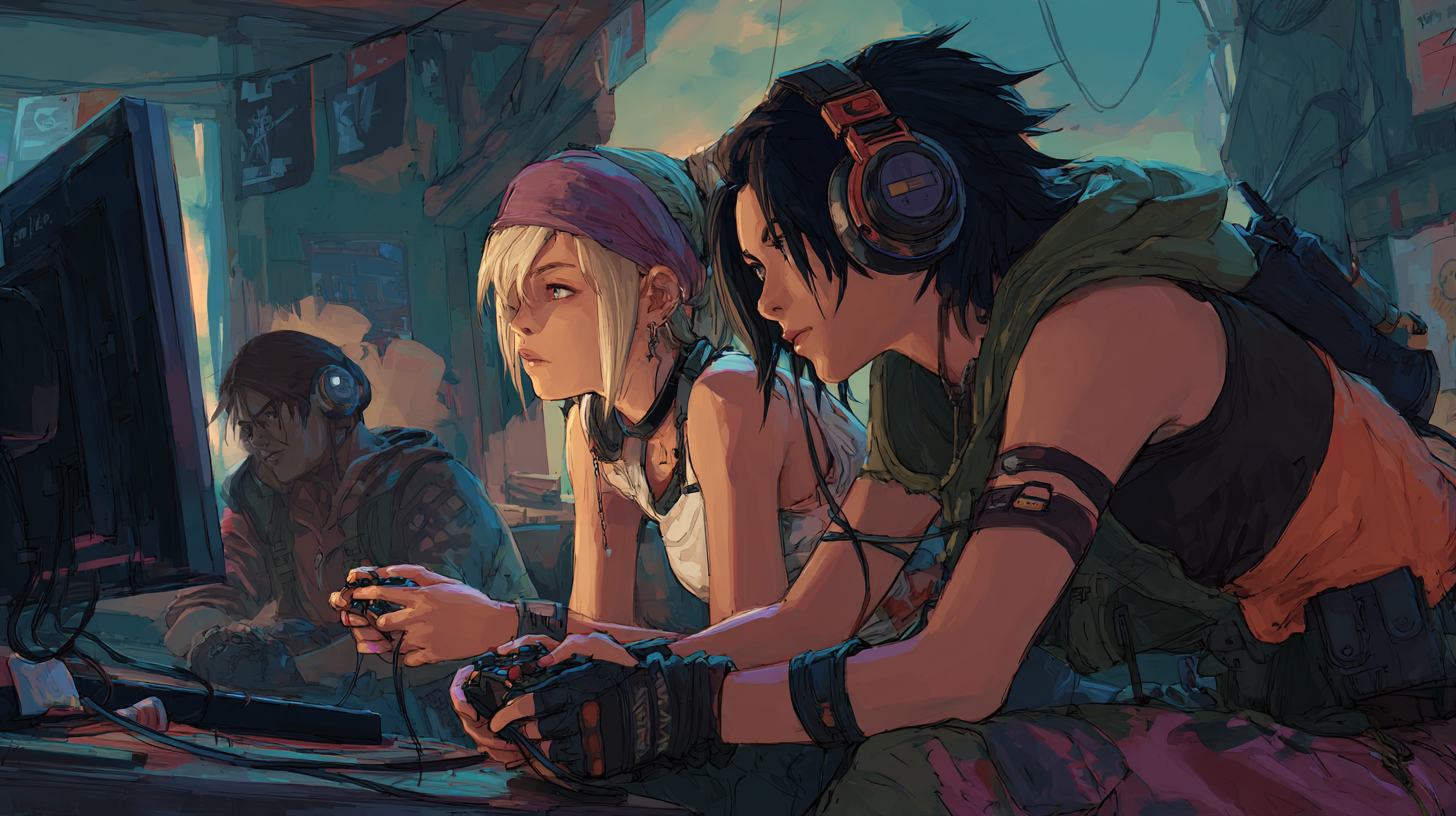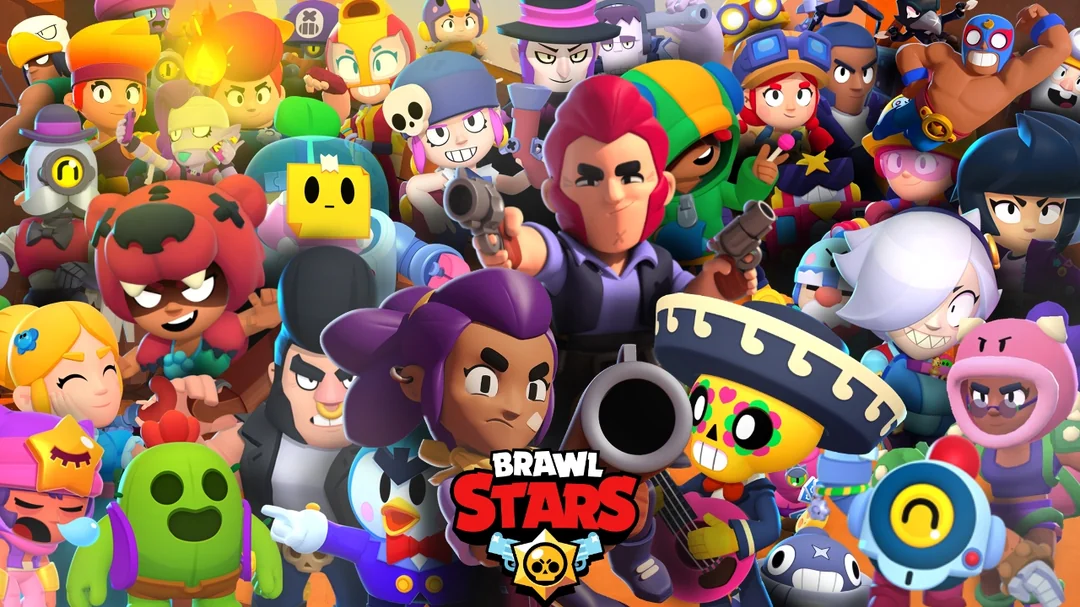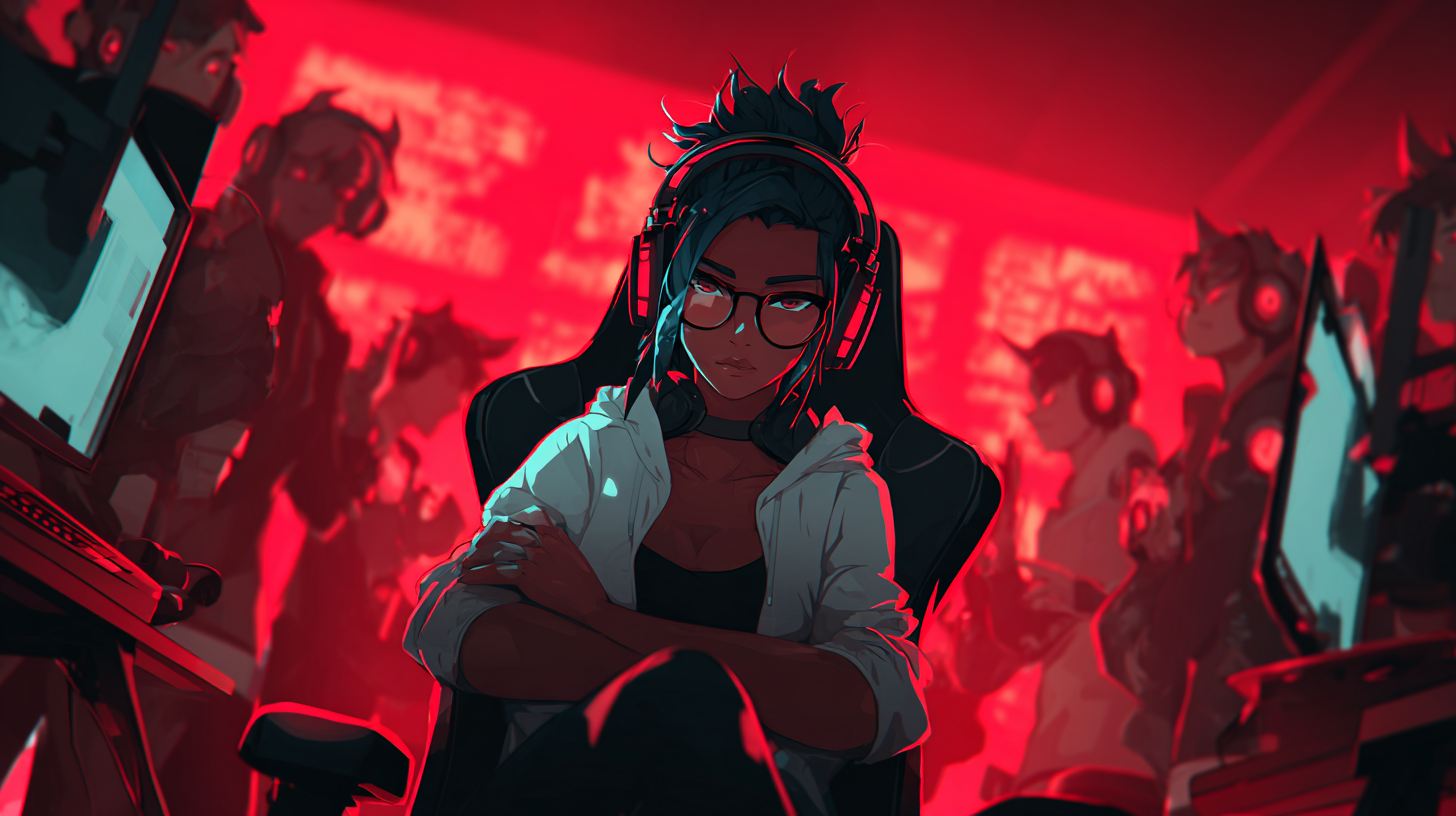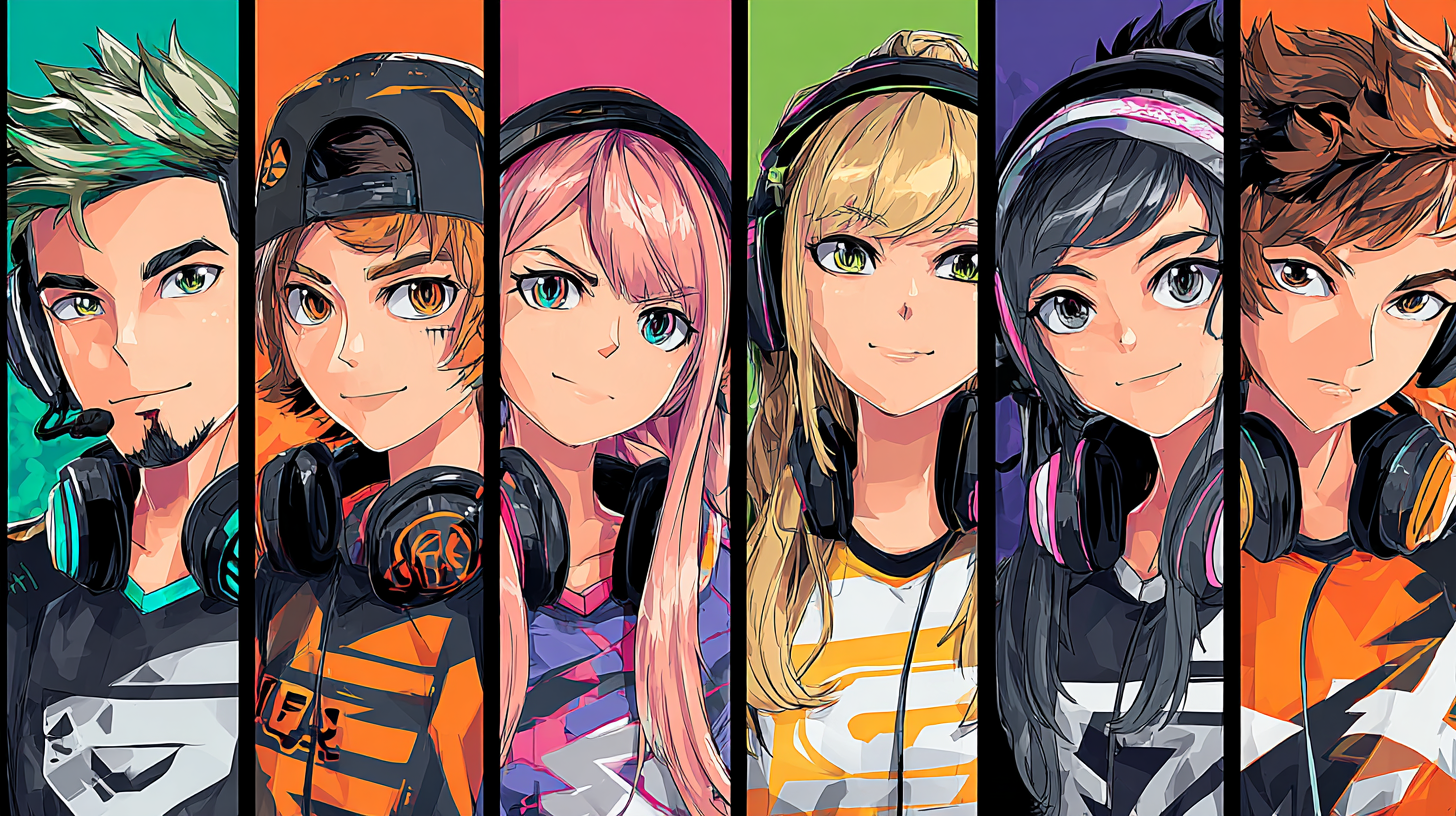"Is this community safe for me?" Every gamer from an underrepresented group asks this question before joining a new community. The answer they receive – often unspoken, communicated through culture rather than rules – determines whether they stay or quietly disappear.
Inclusive gaming spaces aren't just morally right; they're strategically superior. Communities that successfully embrace diversity access larger talent pools, benefit from varied perspectives, and build stronger loyalty among members who feel genuinely welcomed rather than merely tolerated.
Introduction
Gaming has historically struggled with inclusion. Women, LGBTQ+ gamers, people of color, disabled players, and older gamers frequently report feeling unwelcome or actively harassed in mainstream gaming spaces. But 2025 represents a turning point: successful communities are proving that inclusive environments outperform exclusive ones in every metric that matters.
After studying 150+ gaming communities ranging from small Discord servers to major esports organizations, the data is clear: inclusive communities have 34% higher retention rates, 28% more active participation, and significantly lower moderation costs due to reduced toxicity.
While building inclusive communities requires intentional effort, platforms like Jynx are making it easier with features designed to protect privacy and create welcoming environments for all gamers.
Why Inclusion Matters Beyond Ethics
Before diving into implementation, understand the practical benefits of inclusive communities:
Larger talent pool: Excluding 50%+ of potential gamers based on gender, identity, or background mathematically limits your ability to find skilled teammates.
Better team performance: Diverse teams approach problems from multiple angles, leading to more creative strategies and better adaptation to changing game metas.
Reduced toxicity: Communities built on inclusion have less tolerance for toxic behavior, creating self-reinforcing positive cultures.
Competitive advantage: As mainstream gaming spaces slowly improve, being early to genuine inclusion builds reputation that attracts the best community members.
Personal growth: Exposure to diverse perspectives makes you a better teammate, leader, and human beyond gaming.
Setting the Foundation: Rules and Culture
Inclusion starts with explicit expectations, not vague "be nice" statements.
Clear Anti-Harassment Policies
Effective policies are specific and enforceable:
Define prohibited behaviors explicitly:
- Sexist, racist, homophobic, transphobic, or ableist language
- Unwanted sexual attention or advances
- Targeted harassment or bullying
- Gatekeeping ("you're not a real gamer if...")
- Assuming or questioning someone's identity or credentials
Specify consequences clearly: First offense = warning and education. Second offense = temporary timeout. Third offense = permanent ban. No exceptions for "skill" or popularity.
Make reporting easy: Create multiple reporting channels (moderator DMs, anonymous forms, designated safety officers) so members can report without public exposure.
Proactive Cultural Statements
Don't just prohibit bad behavior – actively define good culture:
Welcome statements: Post visible messages: "We're a community for gamers of all backgrounds, skill levels, identities, and experiences. If you're here to play and improve, you belong."
Pronoun normalization: Encourage (don't require) sharing pronouns in profiles or introductions. Leaders should model this behavior.
Language consciousness: Establish alternatives to unnecessarily gendered language. "Hey everyone" instead of "hey guys." "They clutched that round" instead of assuming gender.
Skill-level acceptance: Explicitly welcome players at all ranks. "We help each other improve" beats "competitive players only."
This is exactly why AI-powered matchmaking is revolutionizing how gamers connect – it helps you find communities and teammates who share your values around inclusion and respect, eliminating the guesswork of finding welcoming spaces.
Accessibility: Removing Barriers to Participation
Accessibility isn't a niche concern – it benefits everyone and expands your community's reach.
Communication Accessibility
Make your community accessible across communication styles:
Text alternatives for voice content: Summarize voice chat discussions in text channels for deaf/hard-of-hearing members or those in noise-sensitive environments.
Voice alternatives for text content: Some members have difficulty reading or typing. Allow voice messages or voice channel participation as alternatives.
Clear language: Avoid excessive jargon or explain terminology. Not everyone has been gaming for 20 years.
Time zone consideration: Schedule events at varied times so members across regions can participate. Not everyone can play 9 PM EST weeknights.
Technical Accessibility
Consider technical barriers:
Platform flexibility: Some members can't afford high-end PCs or specific platforms. Multi-platform communities are more accessible.
Controller vs keyboard neutrality: Don't discriminate based on input method. Both are valid.
Internet quality tolerance: Not everyone has fiber internet. Be patient with occasional lag or connection issues.
Free-to-play options: Require core games that are free or widely accessible rather than expensive new releases.
Neurodiversity Inclusion
Gaming communities should accommodate different neurotypes:
Clear expectations: Neurodivergent members often prefer explicit communication over subtle social cues. State expectations directly.
Sensory considerations: Avoid excessive pings, spam, or overwhelming channel activity. Create quiet channels for sensitive members.
Structure and routine: Regular scheduled events at consistent times help members with ADHD or autism participate reliably.
Different participation styles: Some members prefer listening to talking, or text to voice. Both are valuable contributions.
Active Moderation and Leadership
Inclusive communities require active work, not passive hope.
Address Microaggressions Immediately
Small slights compound over time:
Common microaggressions to address:
- "You're good for a [gender/age]"
- Assuming someone's role based on stereotypes
- "I was just joking" after offensive comments
- Asking invasive personal questions
- Tone policing ("you're too sensitive")
Response framework:
- Interrupt immediately: "Hey, that comment isn't appropriate here"
- Explain briefly why: "Backhanded compliments based on identity aren't welcome"
- Redirect: "Let's get back to the game"
- Follow up privately: "Here's why that was problematic and how to do better"
Representation in Leadership
Your leadership team communicates community values:
Diverse moderation team: Include various perspectives in decision-making roles. If your mod team is all one demographic, you're missing crucial viewpoints.
Visible representation: Members need to see people like themselves in leadership positions to feel they can belong and advance.
Rotating opportunities: Create pathways for new members to take on responsibility, not just founding members' friends.
Listen to lived experience: When someone from an affected group says something is problematic, believe them rather than debating.
Creating Welcoming Onboarding
First impressions determine whether new members stay.
Structured Introductions
Help new members integrate smoothly:
Introduction templates: Provide optional templates asking about games played, playstyle, schedule, and interests. This gives conversation starters.
Buddy systems: Pair new members with established community members for their first week.
Clear navigation: Pin channel guides explaining where different conversations belong. New members shouldn't feel lost.
Immediate engagement: Welcome new members within 24 hours. Silence communicates indifference.
Safe Spaces Within Community
Create specialized spaces for specific needs:
Identity-specific channels (optional): Some communities offer channels like "women-in-gaming" or "LGBTQ-gamers" where members can discuss identity-specific experiences without educating the majority.
Beginner-friendly spaces: Separate channels where new players can ask "dumb questions" without judgment.
Opt-in competitive spaces: Keep intensely competitive channels separate from casual ones so pressure levels match member preferences.
Ready to find your perfect gaming squad? Jynx's AI matchmaking analyzes playstyle, skill level, and personality to connect you with compatible teammates who share your commitment to inclusive, respectful gaming environments.
How Jynx Supports Inclusive Communities
Jynx's platform is designed with inclusion as a core principle:
Private handle system: The "username#discriminator" format (like Discord) means members can participate without revealing real names, protecting privacy for those concerned about identity-based harassment.
Interest-based communities: Organize around playstyles and values rather than demographics, creating natural inclusion without tokenization.
Community boost system: Collaborative unlocking of premium features (Level 0-3) creates shared goals that unite diverse members around common purpose.
Controlled information sharing: Members choose what personal details to reveal and when, maintaining boundaries that feel safe.
Role-based permissions: Community leaders can create graduated trust levels, allowing new members to prove themselves before gaining access to all features, reducing harassment risks.
Handling Inclusion Challenges
Even well-intentioned communities face obstacles.
When Members Resist Inclusion
Some existing members may push back:
"This is censorship/too PC": Respond firmly: "We're defining what behavior is acceptable here. This isn't censorship; it's standards."
"We never needed these rules before": "We're growing and improving. Explicit expectations help everyone participate comfortably."
"You're too sensitive": "We take all members seriously. If you can't treat people respectfully, this isn't the right community for you."
Standing firm: Losing members who resist basic respect is worth gaining members who bring diversity and talent.
Balancing Free Expression and Safety
Navigate this tension with clear boundaries:
Allow disagreement, prohibit disrespect: You can debate strategy, game balance, or community decisions. You can't attack people's identities or worth.
Context matters: Jokes between friends who consent differ from jokes directed at strangers or public channels.
Impact over intent: "I didn't mean to offend" doesn't erase harm. Require apologies and behavior changes.
Measuring Success
Track whether your inclusion efforts actually work:
Retention metrics: Do members from underrepresented groups stay as long as majority members?
Participation rates: Are diverse voices contributing in discussions and leadership, or staying silent?
Reporting patterns: Are harassment reports decreasing over time?
Member surveys: Anonymous surveys asking "Do you feel welcomed here?" provide crucial feedback.
Demographic diversity: Is your community growing more diverse or remaining homogeneous?
Conclusion
Creating inclusive gaming spaces in 2025 requires more than good intentions. It demands explicit policies, active moderation, accessible design, and leadership commitment to making all members feel genuinely valued.
The gaming communities that thrive over the next decade won't be the most exclusive – they'll be the most welcoming. They'll be the spaces where a talented player can join regardless of background and immediately focus on the game rather than proving they belong.
Start implementing these strategies today. Begin with clear anti-harassment policies, train your moderators on inclusive practices, and model the behavior you expect. Your community will be stronger, more innovative, and more resilient for the effort.
Download Jynx today and discover how AI can help you find gaming communities built on inclusion and respect – spaces where you can be yourself while pursuing competitive excellence.
Frequently Asked Questions
Q: Won't strict inclusion rules drive members away? A: You'll lose members who resist basic respect, but you'll gain many more who've been avoiding toxic spaces. Net growth favors inclusive communities.
Q: How do I handle members who "don't see color/gender/etc"? A: Educate that ignoring identity differences means ignoring real experiences and challenges. Inclusion means acknowledging and valuing differences, not pretending they don't exist.
Q: Should we have demographic quotas for membership or leadership? A: Quotas often feel forced. Instead, focus on removing barriers to participation and actively recruiting from underrepresented groups. Diversity follows naturally when you create genuinely welcoming spaces.
Q: What if my community is currently all one demographic? A: Start with policies and culture changes now. Diversity won't happen overnight, but you're building the foundation that makes future diversity possible and sustainable.
Q: How do I handle political discussions in gaming communities? A: Most gaming communities benefit from "no politics" rules, with clear exception that defending basic human dignity (anti-racism, pro-LGBTQ+ rights, etc.) isn't political – it's community standards.




